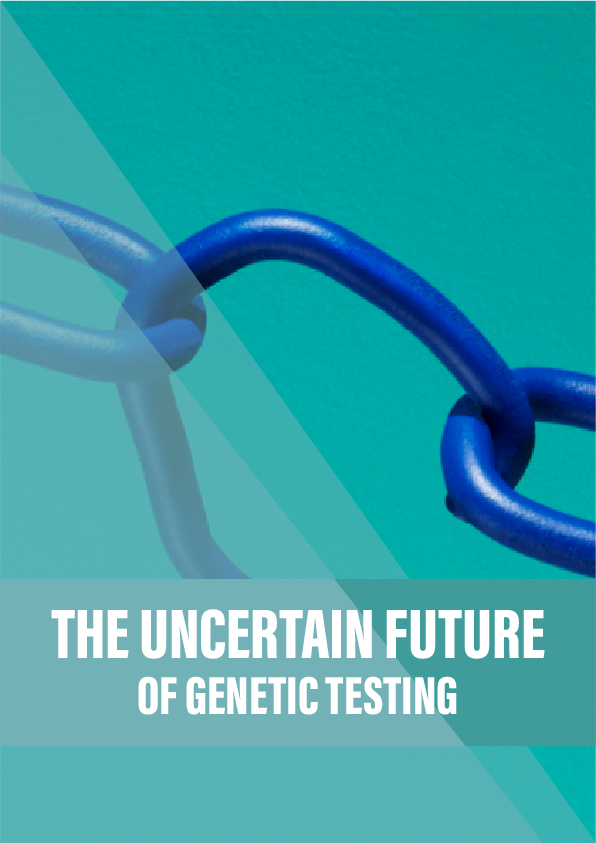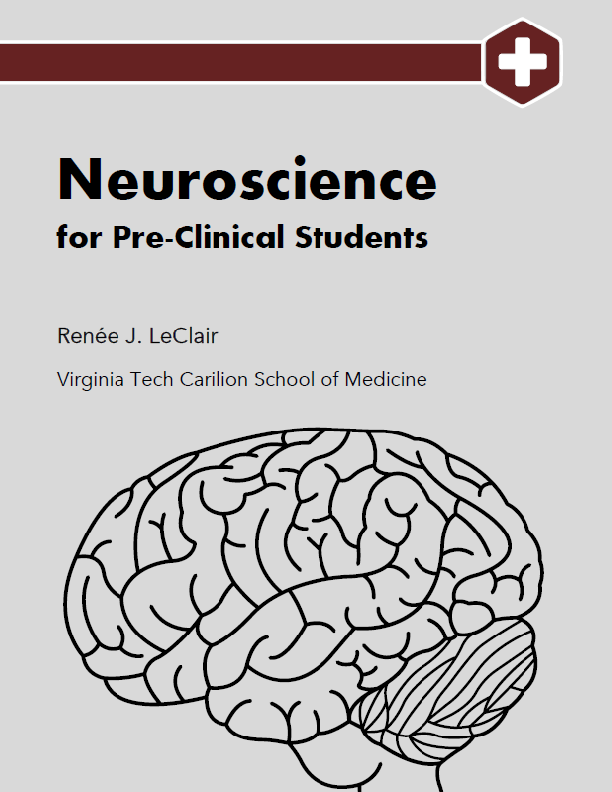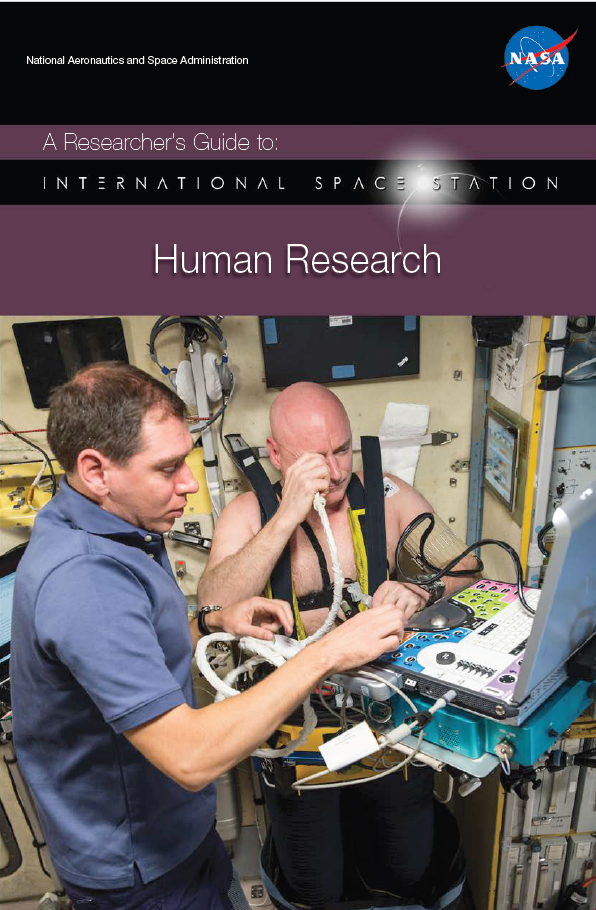Bringing genetics into medicine leads to more accuracy, better diagnosis and personalised treatment – but not for all. Carrie Arnold meets families for whom gene testing has led only to unanswered questions.
nneMarie Ciccarella, a fast-talking 57-year-old brunette with a more than a hint of a New York accent, thought she knew a lot about breast cancer. Her mother was diagnosed with the disease in 1987, and several other female relatives also developed it. When doctors found a suspicious lump in one of her breasts that turned out to be cancer, she immediately sought out testing to look for mutations in the two BRCA genes, which between them account for around 20 per cent of families with a strong history of breast cancer.
Ciccarella assumed her results would be positive. They weren’t. Instead, they identified only what’s known as a variant of unknown or uncertain significance (VUS) in both BRCA1 and BRCA2. Unlike pathogenic mutations that are known to cause disease or benign ones that don’t, these genetic variations just aren’t understood enough to know if they are involved or not.
“I thought you could have a mutated gene or not, and with all the cancer in my family, I believed I would carry a mutation. I didn’t know there was this huge third category,” she says. “I got no information – it felt like a huge waste of blood to get a giant question mark.”
Thousands of people have had their BRCA genes tested for increased genetic susceptibility to breast, ovarian, prostate and other cancers. About 5 per cent have learned that they carry a VUS. That number is even higher for other genes: in one study, almost 20 per cent of genetic tests returned a VUS result.
Reference:
- The Center for Medical Genetics at NorthShore University HealthSystem, in Illinois, tracked cancer gene panel testing for 14 months in 2012-13, and found a VUS rate of 19.7 per cent.
- This small study surveyed the experiences of 24 women with breast or ovarian cancer who received VUS results.
- MyGene2 helps patients and families share genetic data.
- ClinVar and ClinGen are databases created by the National Institutes of Health to help improve sharing and curation of genetic data.
- The Transforming Genetic Medicine Initiative is addressing fundamental issues in the integration of genetic medicine in healthcare.











